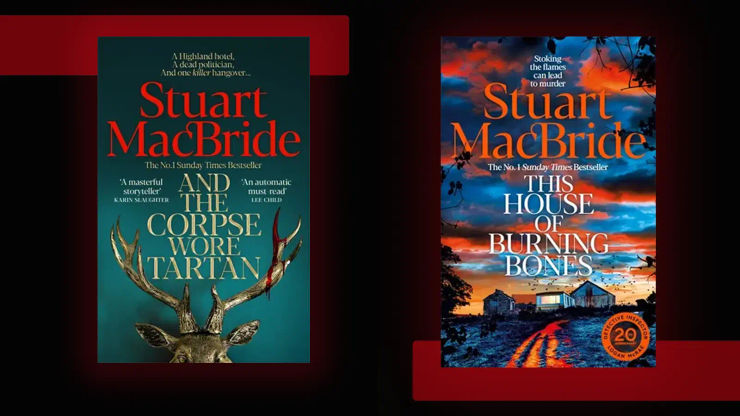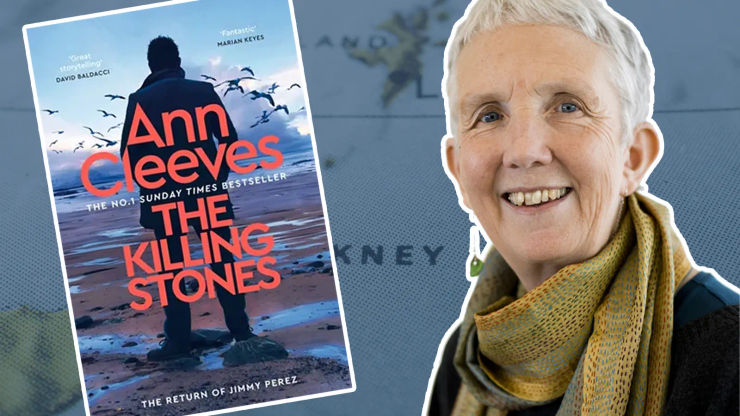Crime & Thriller

Books to read if you love Agatha Christie

The 50 best crime fiction books of all time

Ann Cleeves’ Vera Stanhope books in order

Unmissable new thriller books of 2026, vouched for by the experts

Ann Cleeves' Two Rivers book series in order

Stuart MacBride's books: a reading guide

Ann Cleeves' Shetland series books in order

The best thriller books of all time (that you may not have read)

David Baldacci's books in order: a complete guide

Jane Harper's books in order: a complete guide

Books to read if you love Harlan Coben

Alice Feeney's books: a guide
